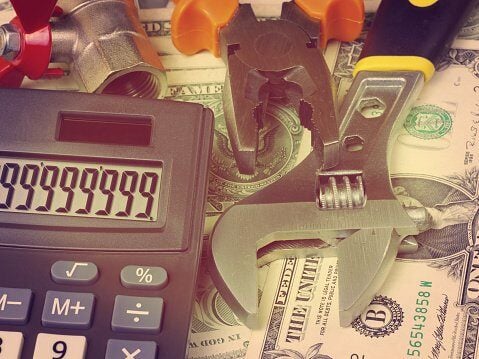
As a general practice, what does an HOA board do if there’s a problem in the association that exists right now, but not enough money in the reserves to fix it? Is issuing a special assessment the way to go, or can the board use other funds in the reserves?
1. Talk to your reserve specialist
This is the best place to start because the reserve specialist knows your association and current circumstances. If the repair isn’t listed in your reserve study, they may suggest adding the repair as a one-time occurrence. They also have the expertise to evaluate the situation and advise on using current funds or issuing a special assessment, depending on the components of your reserve study and upcoming repairs and replacements that are already planned for, but may be able to be adjusted.
2. Get outside counsel
If you don’t have a reserve specialist, its crucial that the board gets outside counsel from experts who have knowledge about the repair. These include contractors, accountants, insurance agents or other specialists related to the issue. Then, the board will have a better idea of costs and options and can make an educated decision on where the money will come from.
3. Borrow from the reserves
While not ideal, you can also borrow money from the reserves to complete the repair now and pay it back. Another way to look at it is, you don’t have this repair in your reserve study right now, but the component will be added to your study, so you’re essentially borrowing and paying it back. It’s important to emphasize that when you borrow you must pay it back!
It’s also important to note that if you go this route, the reserve study needs to reflect borrowing from the reserve account and payback. Depending on the state you live in, there are laws relating to this than can vary, so be sure to check the laws in your state.
For example, in California there’s a requirement that:
“Boards are allowed to borrow from reserves but are required to give notice of their intent to borrow by listing it as an item in the meeting agenda. The meeting notice must include the reason the reserve transfer is needed, some of the options for repayment, and whether a special assessment may be considered. If the board authorizes the transfer, it must issue a written finding recorded in the minutes explaining the reasons for the transfer, and describing when and how the money will be repaid to the reserves.” (Civ. Code §5515.).
There’s also often requirements of information that needs to be disclosed to the membership of the association.
So, if your association is faced with a major repair that needs to be done right away, but hasn’t been accounted for in the reserve study, the board has options – but it’s always a good idea to have a reserve specialist as part of your team and an HOA manager to offer support and help guide you through the process.

.jpg)








